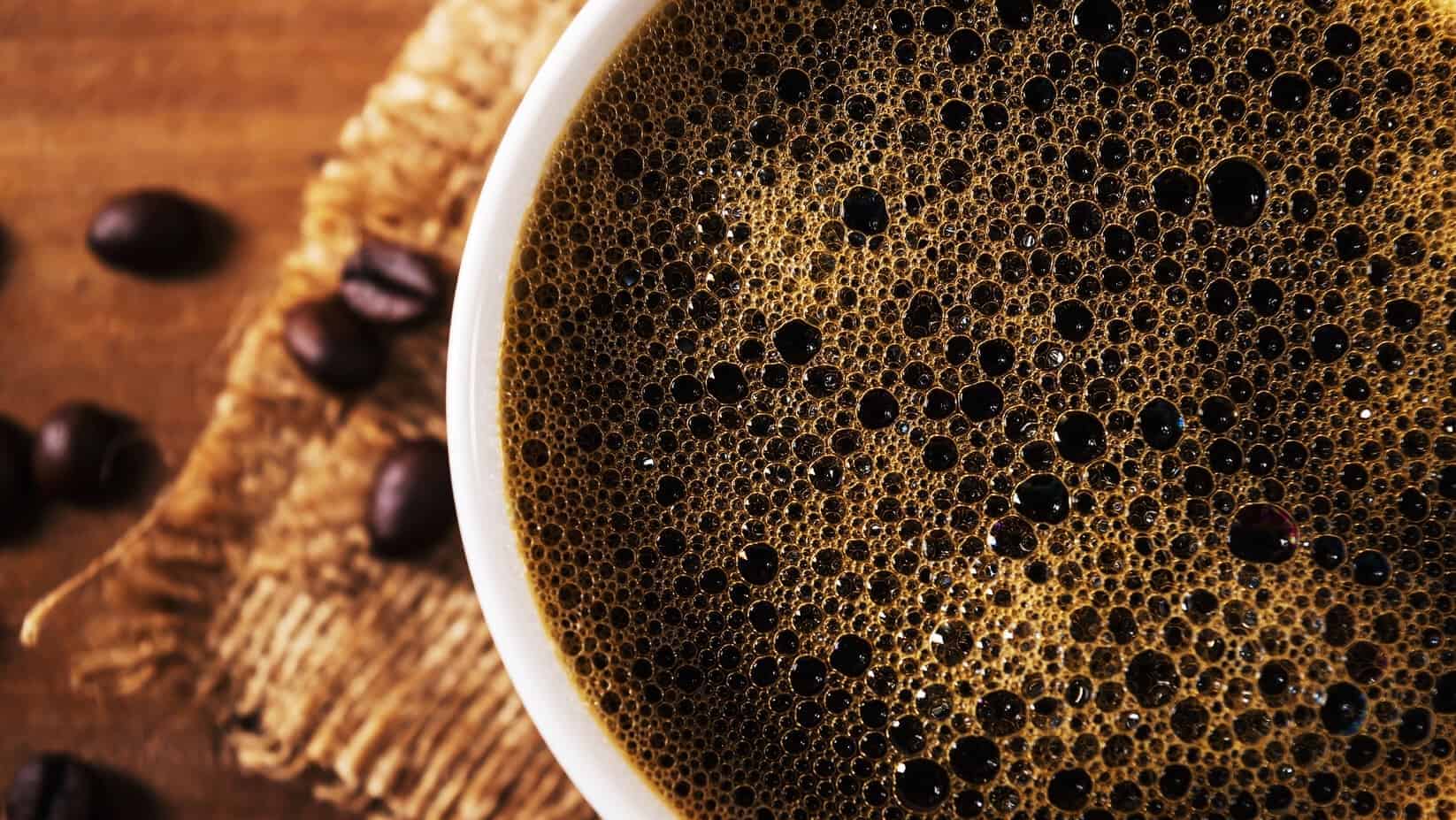Coffee is an important part of the morning routine for many people, but some are making the choice to stop drinking coffee because of the healthy things that happen in your body when you quit for 7 days or more.
According to the Food and Drug Administration (FDA) , ‘In the U.S., 80 percent of adults consume caffeine every day – the average adult has an intake of 200 mg per day, the amount in two 5-ounce cups of coffee or four sodas. A study of 7th, 8th, and 9th grade students in Ohio found that students took in an average of 53 mg of caffeine per day, but almost one in five students took in more than 100mg of caffeine each day.’ The FDA also says that a 5 oz (small) cup of coffee contains 60-150 mg of caffeine, depending on the darkness of the coffee beans used to brew it.
It might seem like an impossible task to stop drinking coffee for 7 days, and that’s because you are likely addicted to it. In this article, we will look at the changes that happen to your body when you drink coffee and when you quit.
These Things Happen to Your Body When You Stop Drinking Coffee For 7 Days
Caffeine is both a drug and a food additive, according to the FDA, and coffee is one of the most common forms of caffeine consumption in the world. Although it is a drug, it has not been considered to be harmful, so there is no regulation on the quantity that can be consumed in a day.
However, caffeine withdrawal is a behavioral problem that, according to the American Psychological Association’s Diagnostic and Statistical Manual version 5, falls under substance use disorder. Using a stimulant, such as caffeine to such a degree that the person drinking coffee is affected by physical and mental symptoms could equate to a substance use disorder for the stimulant caffeine.
Some of the criteria for substance use disorder may apply to people who drink coffee consistently. According to psychcentral.com, these symptoms include:
- Craving the substance
- Worrying about stopping or consistently failed efforts to control one’s use
- Continuing the use of a substance despite health problems caused or worsened by it.
- Building up a tolerance to the drug and needing more of it to get the desired effect.
- Experiencing withdrawal symptoms after stopping use, for example, anxiety, irritability, fatigue, or hand tremors.
How your body feels when you stop drinking coffee for 7 days
Here are just some of the self-reported health changes that one health-conscious yoga enthusiast reported after stopping coffee for 7 days:
- No headaches
- Reduced shoulder and back muscle tension
- Improved concentration
- Better sleep and feel more alert in the morning
- More regular and healthy bowel movements
- Return to regular sleep cycles
- Increased awareness of hunger and fewer junk food cravings
- More patient when confronted by stress
According to the American Society for Pharmacology and Experimental Therapeutics, the caffeine in coffee can affect sleep, mood, cerebral blood flow, your metabolism, your genes, and the neurotransmitters in the brain that affect memory processing and cognitive performance. Their caffeine research says ‘Peak plasma caffeine concentration is reached between 15 and 120 min after oral ingestion in humans.’ Also, caffeine takes time to leave the body and is at about half the peak blood plasma concentration after about three hours, completely leaving the body within about 6 hours.
The thorough review of caffeine in the existing research literature found that the stimulant can also cause changes in the expression of our genes. The researchers say ‘these results suggest that even a single, albeit high, dose of caffeine can induce changes in gene expression that could lead to adaptive changes in the brain.’
Speaking of brain functioning, many people believe that they are more alert and able to think better when they drink coffee, however, there is a balancing point to how much caffeine helps your performance. Their research found ‘An increase in arousal improves performance of tasks where relatively few sources of information have to be monitored, particularly under conditions when the need for selective attention is stressed by time pressure. When, on the other hand, multiple sources of information or working memory have to be used, an increase in arousal and attention selectivity has no apparent beneficial effect on performance, which may consequently even decrease.’
One of the metabolites of caffeine in the body is paraxanthine. Paraxanthine blocks the body’s adenosine receptors which then raises epinephrine levels in the blood and diastolic blood pressure. Basically, when you drink coffee, your body responds as if there is a threat and begins to respond with its’ fight-or-flight stress response.
There is no easy way to stop drinking coffee and most decide to cut off their use completely, or go cold turkey. If the thought of going without your morning cup is frightening to you, but you still want to gain the health benefits from quitting, try to first reduce your consumption. Then, try watering down your coffee more and more, until you are just drinking plain water in place of coffee. You can also try to substitute one cup with a decaffeinated green tea instead.

















